
Author Mads Timmermann
Mads has 14+ years of experience as a skin expert and has written/read this article.
Introduction
Acne is a common skin condition that affects millions of people around the world. While various factors can contribute to the development of acne, such as hormonal imbalances, genetics, and environmental factors, nutritional deficiencies, and excesses may play a role in exacerbating this condition. Ensuring an adequate intake of vital minerals and vitamins may contribute to healthy and clear skin, helping to mitigate acne symptoms.
There are numerous essential minerals and vitamins that have been shown to support skin health and reduce the severity of acne. A well-balanced diet with appropriate amounts of these crucial nutrients not only promotes overall health but can also make a significant difference in maintaining clear and radiant skin. Understanding which specific nutrients potentially have the greatest impact on acne can aid in designing a diet and supplement regimen tailored to your individual needs.
Key Takeaways
- Acne's causes are multifaceted, and nutritional factors may contribute to its severity.
- Minerals like zinc and selenium play a significant role in preventing acne.
- Ensuring adequate intake of vitamins A, E, and B-complex may support acne treatment.
Understanding Acne
Acne is a common skin condition that affects many people worldwide. It occurs when hair follicles become clogged with oil and dead skin cells, causing inflammation and pimples. In order to effectively treat acne, it's crucial to understand its root causes and the role of various minerals and vitamins in maintaining healthy skin.
We know that hormonal imbalances, genetics, and certain lifestyle factors can contribute to the development of acne. However, research has also shown that certain vitamins and minerals play a key role in skin health and can potentially help in acne treatment. For instance, vitamins A, C, and E, as well as the mineral zinc, have been found to be beneficial in managing acne.
Incorporating these essential nutrients into our daily skin care routine can make a significant difference in our skin's appearance. One way to get a customized skin care routine tailored to your specific needs is by taking a skin test. By understanding your skin type and its unique requirements, you can incorporate the right combination of products and ingredients to effectively manage acne.
To further improve our skin health, we can also explore using skin care products that are specifically designed for acne-prone skin. A well-formulated skin care kit can provide the essential vitamins and minerals needed to combat acne and maintain clear, healthy skin.
Remember that treating acne is a gradual process, and incorporating essential vitamins and minerals into our skin care routine will not yield immediate results. Patience and consistency are key, and with a proactive approach to skin care, we can progressively improve our skin's appearance and overall health.
Crucial Minerals for Acne Prevention
As a part of our quest for clear and healthy skin, it's important to know about the essential minerals that play a role in acne prevention. In this section, we'll delve into the importance of two key minerals: Zinc and Selenium.
Zinc
Zinc is a vital mineral for maintaining overall skin health. It plays a key role in regulating sebum production, which, when excessive, contributes to acne development. Additionally, zinc has antioxidant and anti-inflammatory properties that help reduce redness and inflammation associated with acne breakouts.
Incorporating zinc-rich foods into our diet can benefit acne-prone skin. Some excellent sources of zinc include:
- Seafood (such as oysters and crab)
- Meat and poultry (like beef and chicken)
- Legumes (like chickpeas and lentils)
- Nuts and seeds (such as pumpkin seeds and almonds)
Supplementation can also be a useful option for those not getting enough zinc through their diet, but it's essential to consult a healthcare professional before starting a supplement regimen.
Selenium
Selenium is another essential mineral that plays a critical role in skin health. It works alongside Vitamin E, providing antioxidant protection to combat free radicals and oxidative stress that can cause acne.
While selenium deficiency is rare, ensuring adequate intake helps support overall skin health and may benefit acne-prone skin. Some selenium-rich food sources include:
- Brazil nuts (only a few nuts per day can provide the required daily intake)
- Seafood (such as fish and shrimp)
- Meat and poultry (like turkey and chicken)
Just like with zinc, selenium supplementation should be considered after consulting a healthcare professional to ensure appropriate dosage and avoid potential interactions with other nutrients.
Through the inclusion of zinc and selenium-rich foods in our diet or through supplementation when needed, we can contribute to improved acne prevention and overall skin health.
Essential Vitamins for Acne Treatment
When it comes to treating acne, vitamins play a crucial role in maintaining healthy skin and combating acne breakouts. In this section, we will discuss the beneficial effects of Vitamin A, Vitamin D, and Vitamin E on acne treatment.
Vitamin A
Vitamin A is a potent antioxidant that helps reduce inflammation and regulates the sebaceous glands, thus controlling oil production in the skin. It also promotes healthy cell turnover, preventing dead skin cells from clogging pores, which can lead to breakouts. There are various studies that support the role of Vitamin A in reducing acne severity. Sources of Vitamin A include:
- Retinol, found in animal-derived foods such as liver, fish, egg yolk, and dairy products
- Beta-carotene, found in plant-based foods like carrots, sweet potatoes, spinach, and kale
Vitamin D
Vitamin D plays a significant role in skin health. It helps regulate the immune system and possesses anti-inflammatory properties that can reduce inflammation in acne-prone skin. Additionally, Vitamin D can help regulate the production of sebum, thus preventing excessively oily skin. Sources of Vitamin D include:
- Sunlight exposure: Our body can synthesize Vitamin D when our skin is exposed to sunlight
- Food sources: Fatty fish, like salmon and mackerel, as well as fortified foods such as milk and orange juice
- Supplements: Vitamin D supplements are available in various forms like capsules, tablets, and gummies
Vitamin E
Vitamin E is another essential antioxidant that helps protect the skin from free radical damage and inflammation. According to a study, individuals with acne might have lower levels of Vitamin E in their serum. Thus, it's crucial to ensure adequate Vitamin E intake for optimal skin health. Some sources of Vitamin E include:
- Nuts and seeds: Almonds, sunflower seeds, and hazelnuts are rich in Vitamin E
- Vegetable oils: Sunflower, wheat germ, and safflower oils contain high amounts of Vitamin E
- Green leafy vegetables: Spinach, kale, and Swiss chard are good sources of Vitamin E
Incorporating these essential vitamins into our daily diet and skincare routine can significantly contribute to promoting skin health and preventing acne breakouts.
General Dietary Recommendations to Combat Acne
Acne is a common skin condition, and while it is largely dependent on genetic factors and hormonal fluctuations, one's diet may also play a role. We would like to share some general dietary recommendations to help combat acne. It is important to note that individual results may vary, and it is always best to consult with a healthcare professional before making any significant changes to your diet.
Increasing your intake of foods rich in essential vitamins and minerals can support healthy skin. For example, vitamin A, found in foods such as carrots and spinach, has been shown to help regulate sebum production and reduce acne inflammation. Similarly, consuming foods high in zinc, like legumes and whole grains, can help reduce acne breakouts by regulating the immune system and hormone levels.
Incorporating omega-3 fatty acids into your diet is another potential way to help manage acne. Foods such as fish, walnuts, and chia seeds are rich in omega-3 fatty acids, which have anti-inflammatory properties that can benefit acne-prone skin. Moreover, consuming more antioxidants, like vitamins C and E, can protect your skin from oxidative stress and improve its overall health. Foods rich in vitamin C include oranges, strawberries, and bell peppers, while vitamin E can be found in almonds, sunflower seeds, and avocados.
Besides incorporating nutrient-rich foods, it's also essential to consider the glycemic index (GI) of your meals. Studies have suggested that a low-glycemic load diet can positively impact acne severity by reducing insulin levels and inflammation. Such diets involve consuming more whole grains, legumes, vegetables, and lean proteins, and reducing the intake of refined carbohydrates, sugary foods, and processed snacks.
In conclusion, adopting a balanced diet consisting of nutrient-rich foods, omega-3 fatty acids, antioxidants, and low-GI choices can help support healthy skin and potentially reduce acne breakouts. Remember that these recommendations should be considered as suggestions rather than strict guidelines, and always consult a professional regarding your individual needs.
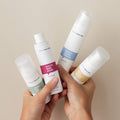
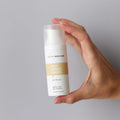
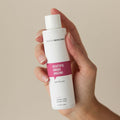
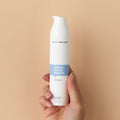
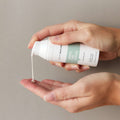
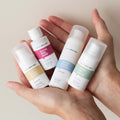
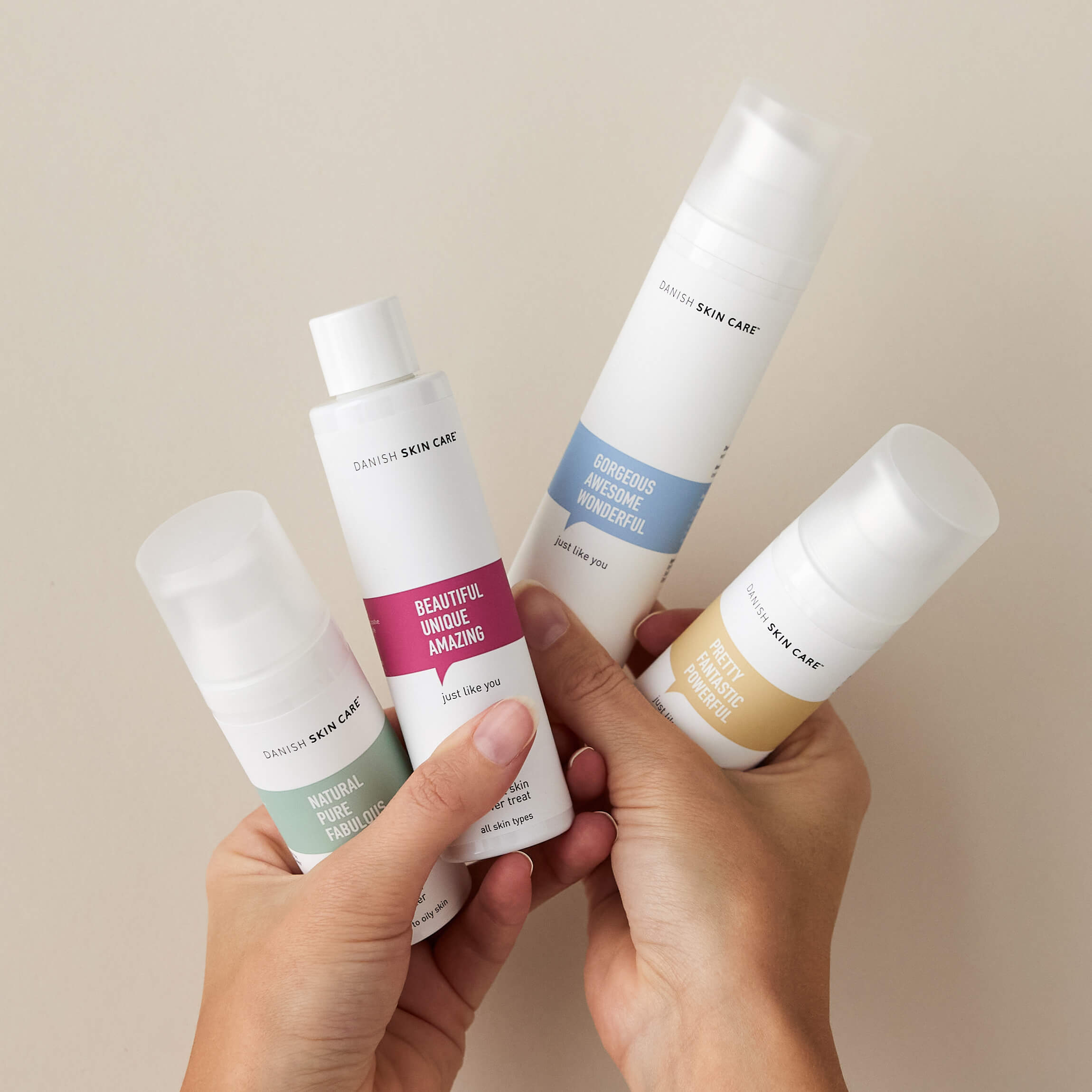
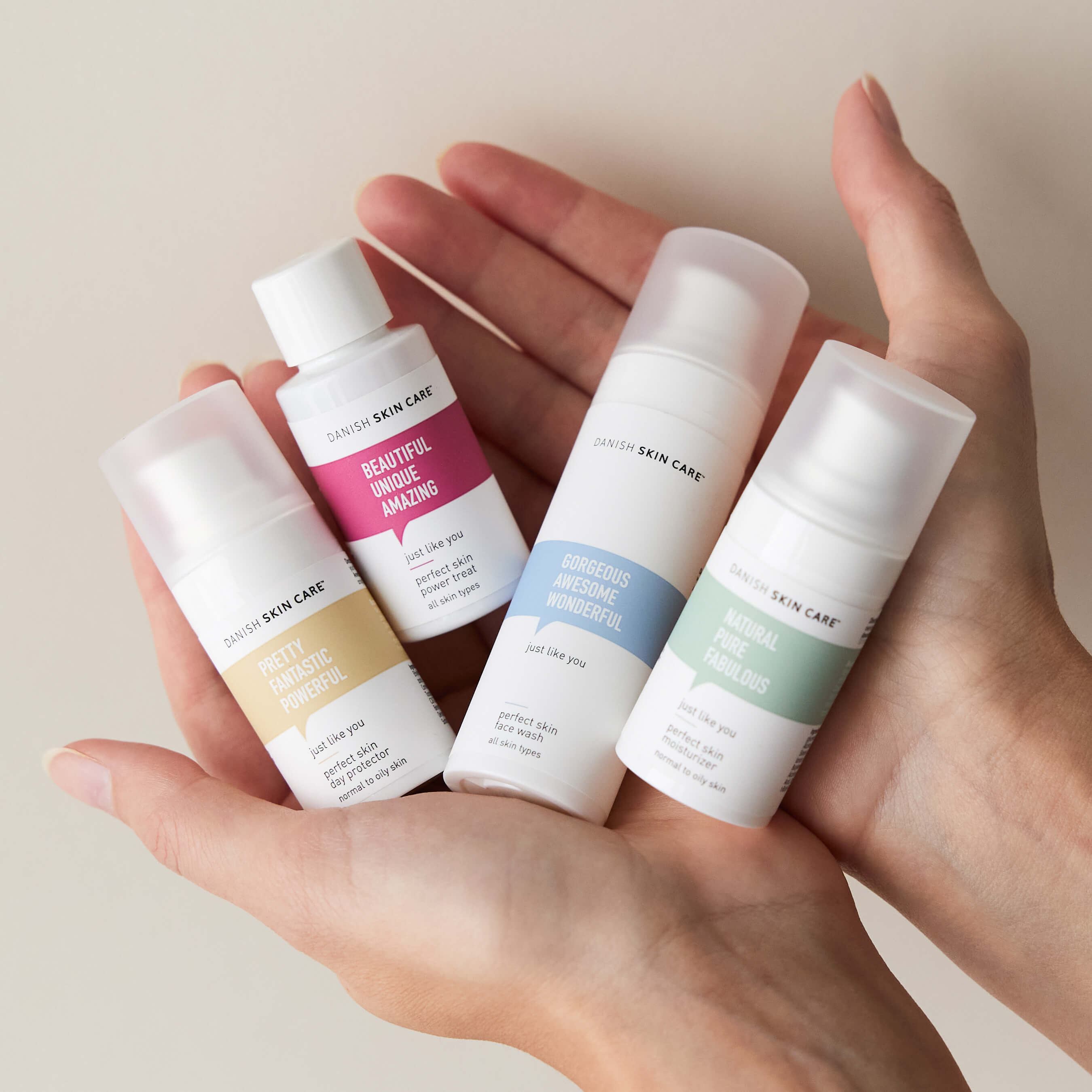

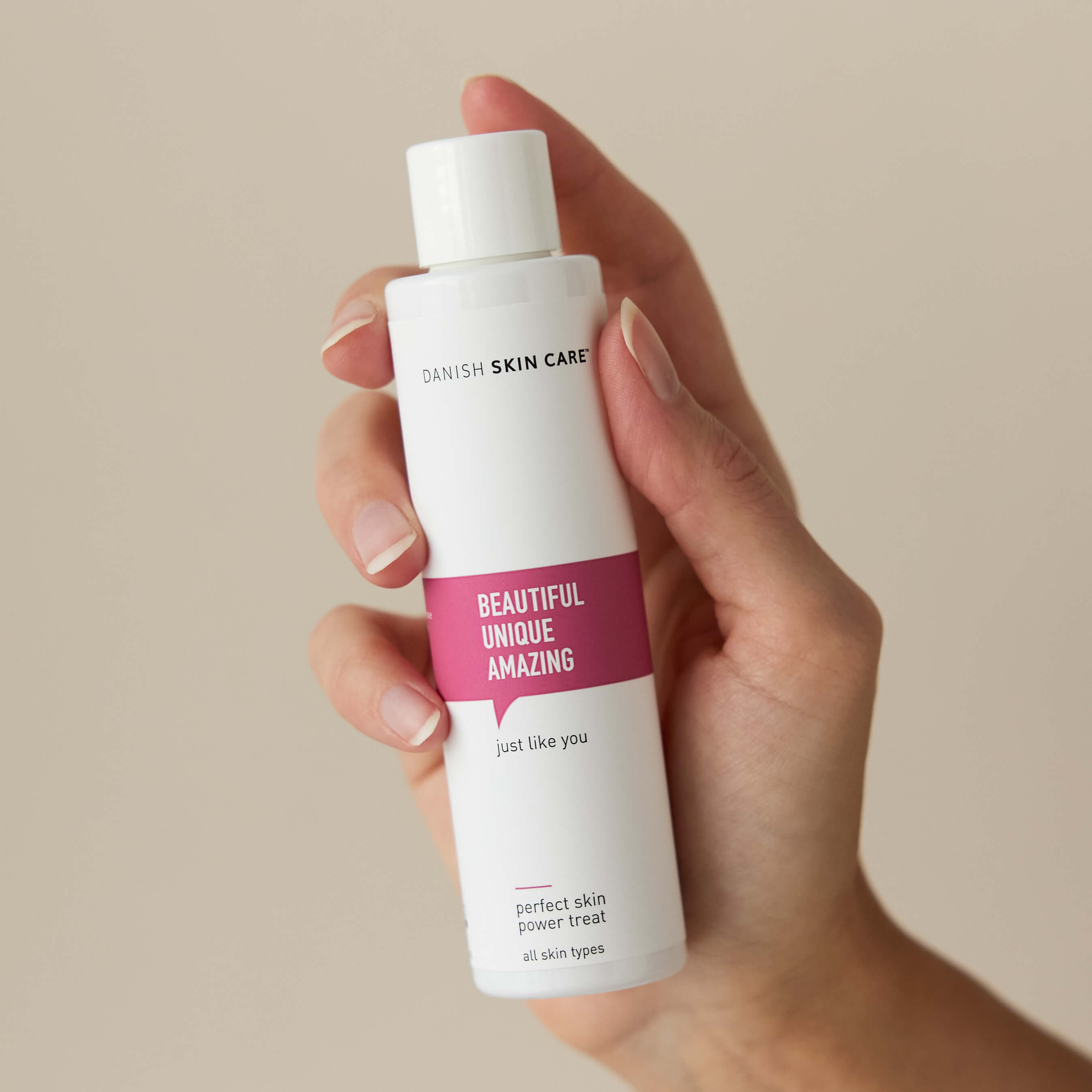


Leave a comment